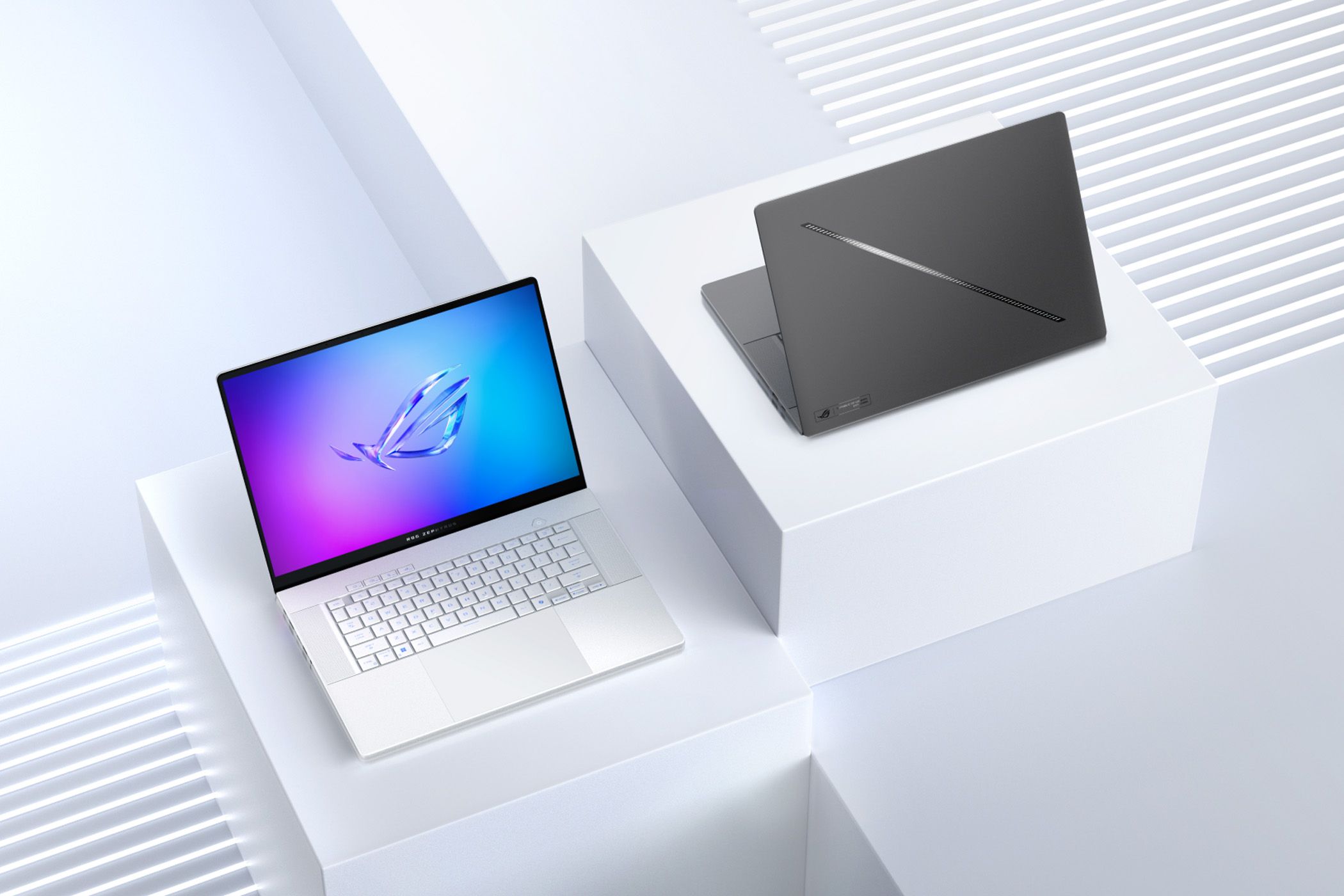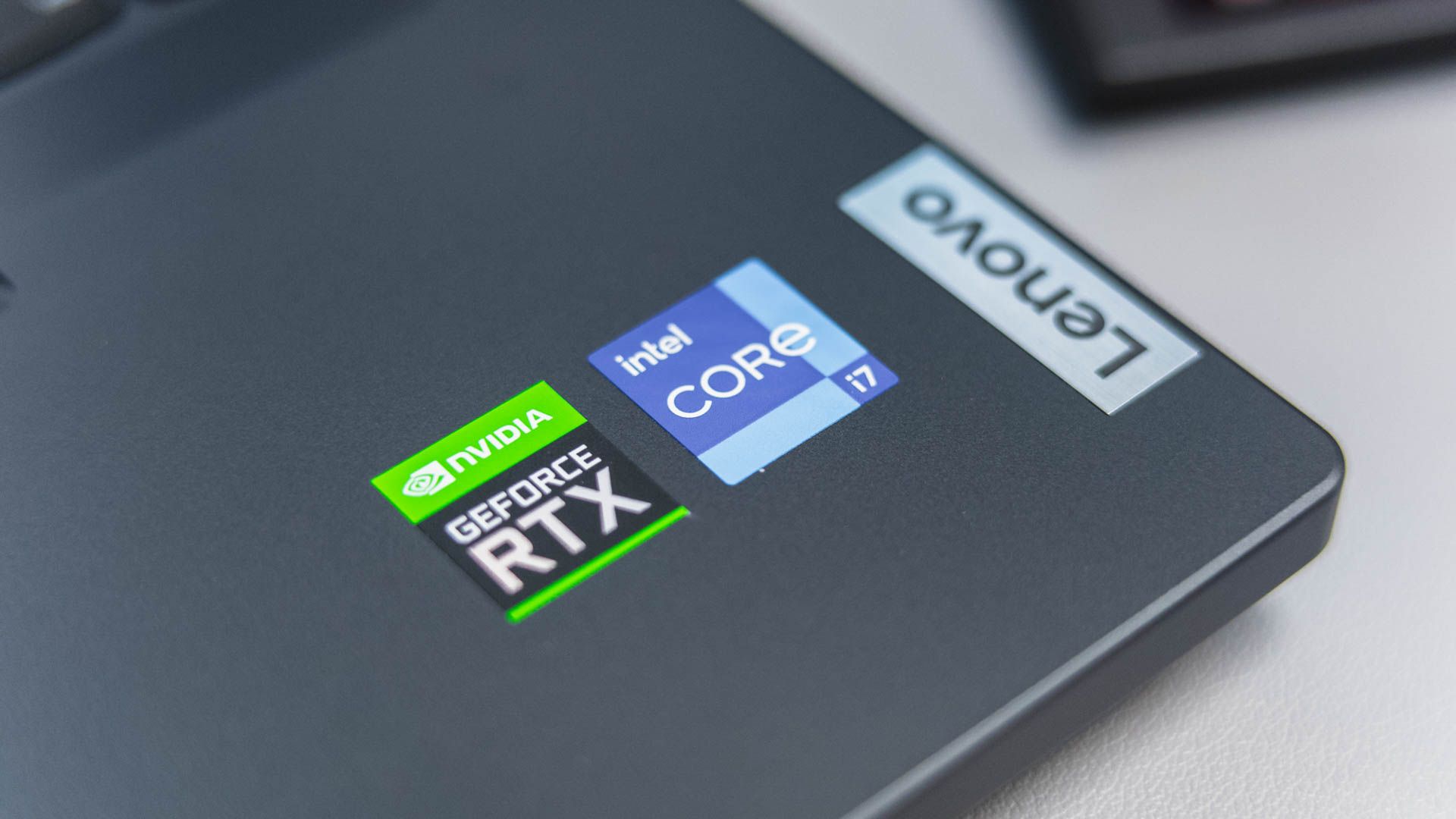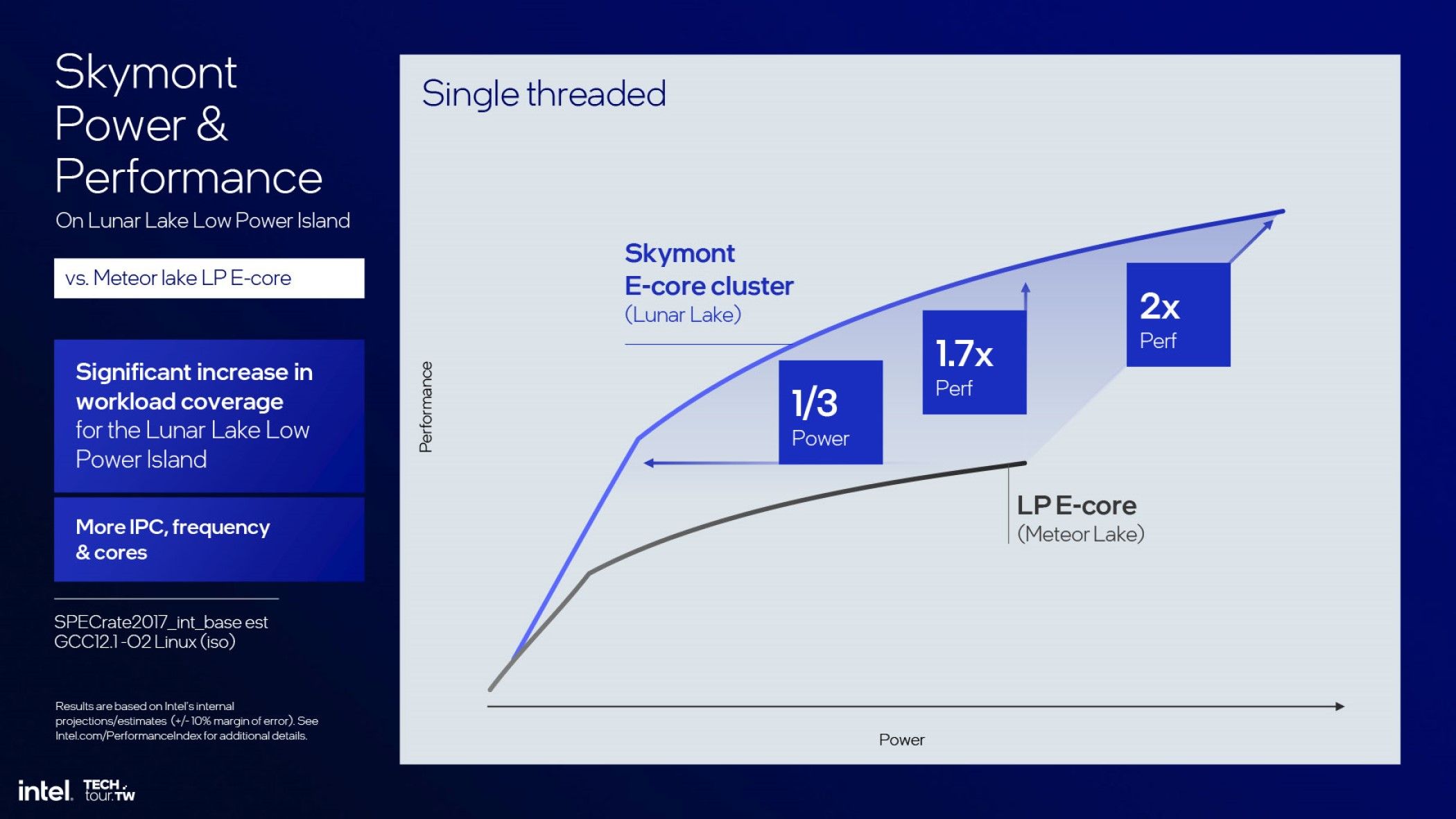
Why Delaying the Acquisition of a New Gaming Laptop Makes Sense

Why Delaying the Acquisition of a New Gaming Laptop Makes Sense
Quick Links
- Next-Gen Laptop GPUs Aren’t Coming Until 2025
- Next-Gen Mobile CPUs Aren’t Here Yet, Also
- You Could Snag A Current-Gen Laptop For Cheap If You Wait
- You’ll Miss out on Some Copilot Features If You Buy a Gaming Laptop Now
Key Takeaways
- Next-gen laptop GPUs from NVIDIA aren’t coming until 2025, so wait for 2025 to upgrade for better performance.
- Current-gen gaming laptop CPUs are disappointing, but next-gen CPUs from AMD and Intel look extremely promising.
- Snag a current-gen laptop for cheap when next-gen gaming laptops launch in early 2025.
If you’re thinking about upgrading your gaming laptop, postpone the upgrade to 2025 unless your current PC is dead or can’t run the games you want to play. 2025 is when we’ll see next-gen mobile GPUs and current gaming laptops will miss out on some important upcoming features.
Next-Gen Laptop GPUs Aren’t Coming Until 2025
The current lineup of mobile GPUs from NVIDIA is pretty powerful. They feature great ray tracing performance, support for DLSS frame generation , and commendable power efficiency. However, they’re now more than one and a half years old. The RTX 4090 mobile launched right at the start of 2023.
Considering that NVIDIA will most likely release a new generation of desktop GPUs in late 2024, with mobile counterparts expected in 2025, there’s little reason to buy a new gaming laptop now. Unless you’re in urgent need of one, you might want to consider a 2023 model instead. You’ll likely get the same GPU and a CPU that’s as fast as the latest 2024 models while spending much less cash.

Jason Montoya / How-To Geek
If you don’t have any good reason to switch to a new gaming laptop right away, my advice is to wait until 2025 to upgrade. The next-gen mobile GPUs will pack better gaming performance and improved power efficiency, while their price should stay around what we’re paying for RTX 4000 mobile GPUs.
Next-Gen Mobile CPUs Aren’t Here Yet, Also
While current-gen mobile GPUs are pretty good, current-gen mobile CPUs are somewhat disappointing.
The Ryzen 8000 Mobile CPUs are just a refresh of the Ryzen 7000 series, with a few more AI cores chucked in but without any noticeable performance improvements in gaming and productivity workloads.
Aside from the slightly more powerful neural processing unit (NPU), the only difference between the two CPU generations is in the name . The specs, performance, power efficiency, and everything else is the same.
The latest Intel mobile CPUs, the Core Ultra series, are so underwhelming that most gaming laptop vendors are still using older Core i9 and i7 models. Only a handful of 2024 gaming laptop models sport Intel Core Ultra CPUs.
Despite Intel introducing its high-end 14th-gen mobile CPU lineup this year, those CPUs are (like AMD’s Ryzen 8000 processors) the same as their 13th-gen counterparts performance-wise. The only difference is the name and maybe a 1% better gaming performance thanks to the small clock bump—100MHz or 200MHz—on the 14th-gen CPUs.
With all that said, we should see next-gen mobile CPUs from AMD and Intel pretty soon, and they look
fantastic.

Intel
For starters, Intel’s Lunar Lake mobile CPUs should bring massive performance improvements alongside an impressive boost to power efficiency, a new NPU, much faster E-cores and P-cores, and an improved Thread Director.
Ryzen AI 300 CPUs are also close to release. They pack a new and improved NPU as well, new Zen 5 cores and Zen 5C cores—which are somewhat similar to Intel’s E-cores —and should deliver a considerable boost to gaming performance compared to Ryzen 8000 CPUs.
If you don’t want to wait for 2025 and next-gen mobile GPUs from NVIDIA, my advice is to at least wait a few months and get a gaming laptop equipped with a Lunar Lake or Ryzen AI 300 CPU, even if you’re satisfied with the level of performance offered by RTX 4000 mobile GPUs.
You Could Snag A Current-Gen Laptop For Cheap If You Wait
While 2024 gaming laptops are quite pricey, especially when compared to their 2023 counterparts (which often sport the same gaming performance), this could change once the 2025 lineup launches.
Next-gen gaming laptops will sport shiny new RTX 5000 mobile GPUs alongside next-gen Ryzen AI and Intel Lunar Lake CPUs that will not only (finally!) bring significant performance improvements but will also sport NPUs powerful enough to support Windows Copilot+ features.

Microsoft
Considering how much everyone talks about AI nowadays, I believe that current generation Copilot Plus-capable gaming laptops will experience a major drop in price once those fancy features are old news. Manufacturers and retailers will most likely try to ditch them as soon as possible and populate shelves with certified Copilot+ gaming laptops.
If you aren’t interested in Microsoft’s Copilot+ exclusive Windows 11 features, you might want to snag a 2024 gaming laptop for cheap if you wait for about half a year or so.
You’ll Miss out on Some Copilot Features If You Buy a Gaming Laptop Now
If, on the other hand, you are interested in Copilot+ features, you should wait for the 2025 gaming laptop lineup. Current gaming machines do not and will not support Copilot+ Windows 11 features.
They simply lack the hardware necessary to run those features—an NPU with at least 40 TOPS of AI performance—and there’s a slim chance they will get access to those features in the future.
There’s a chance Microsoft will make NVIDIA discrete GPUs compatible with Copilot+ in the future. But until that happens (if it happens at all), your only ticket for the Copilot+ experience is snagging a next-gen gaming laptop with a powerful enough NPU.

Microsoft/Gearbox
One of these exclusive features is Auto Super Resolution, an OS-integrated upscaler that relies on an NPU. It doesn’t require any action from game developers to work, and if Microsoft is to be believed, Auto SR will support most DX11 and DX12 games sooner or later.
This tech looks rather promising. If Microsoft fulfills its promise about Auto SR being supported in most DX11 and DX12 titles, it could become the go-to upscaling option in games that lack DLSS support because, at least to me, Auto SR looks better than FSR and XeSS running off a non-Intel GPU (remember, XeSS uses machine learning algorithms only when running on an Intel GPU).
If you still want a new gaming laptop now instead of waiting, or if your current machine is dead, is close to moving to the shadow realm, or isn’t capable of running modern games, you should check our best gaming laptops , best laptops , and best budget laptops buying guides.
Also read:
- [Updated] 2024 Approved QuickCapture Chrome's Screen Recording Feature
- [Updated] Filming for Tweet Sharing Content without Retweeting for 2024
- 2024 Approved Mastering OBS Installation and Usage on Mac Systems
- Cost-Efficient Performance Analysis: Exploring the Capabilities of the TP-Link Archer C50
- Ghostwire: Tokyo PC Freeze Fix? Masterful Methods to Maintain Smooth Gameplay on Your Computer
- In 2024, Zoom Into Action Capturing Your Desktop, EZvide Style
- Maximizing Your Internet Experience with the Asus RT-AC68U: A Secure, High-Speed 5G Wireless Solution
- Navigating Through Tech: Your Guide to Optimal Cable Modem and Router Bundles for 2
- Premier Camera Drones #10 Filmmakers' Dream Fleet for 2024
- The Enduring Appeal of the Samsung Galaxy Tab S3 – Is It Worth Your Money? Our Take
- The Ultimate Tactical Gear Companer: An In-Depth Look at the Anker Super Bright Outdoor Beacon
- The Unyielding Reign of Online Views Vs. The Resilient Charm of Collectible Films
- Top-Rated Smart Spectacles
- Title: Why Delaying the Acquisition of a New Gaming Laptop Makes Sense
- Author: Eric
- Created at : 2024-11-20 17:00:39
- Updated at : 2024-11-24 20:45:03
- Link: https://buynow-reviews.techidaily.com/why-delaying-the-acquisition-of-a-new-gaming-laptop-makes-sense/
- License: This work is licensed under CC BY-NC-SA 4.0.